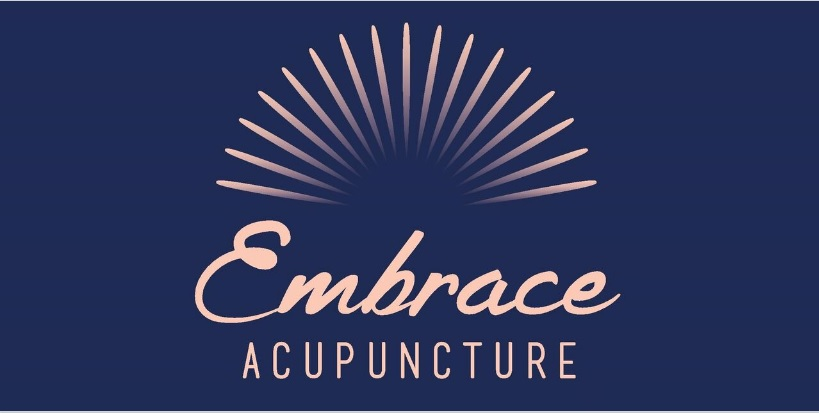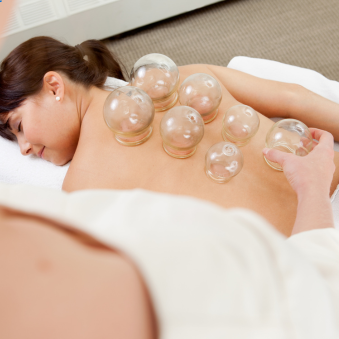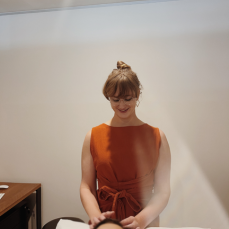Ways to reduce pain in pregnancy
There is no doubt pregnancy can be a physical and emotional challenge, that’s for sure!
One of the most common discomforts pregnant women face is back pain. The other is pelvic girdle pain.
The good news?
Many of these challenges can be managed with treatments such as Pregnancy Acupuncture, which helps relieve back pain, pelvic girdle pain, muscle tension and promote overall well-being.
Plus, there are some simple things you can do at home to ease the discomfort and stay as comfortable as possible.
Want some help with pain in your pregnancy now?
Back Pain in Pregnancy
According to this review in BMC of Pregnancy and Childbirth, 50% of Australian women will experience back pain during pregnancy. Low back pain or pelvic pain can increase your risk of anxiety and depression 13 times. Conversely, if you have anxiety and depression in pregnancy, you’re up to 2.2 times more likely to develop back pain or pelvic pain in pregnancy.
Although pain and anxiety & depression in pregnancy are common, none are particularly pleasant and many of the previous pharmaceutical options aren’t safe in pregnancy.
This is where Pregnancy Acupuncture comes in as a safe treatment that can address both pain and moods in one.
One of our lovely third trimester clients enjoying Acupuncture for back pain in our comfy pregnancy pillows
Pregnancy Acupuncture for pain
Acupuncture can be an effective and safe way to relieve back or pelvic pain during pregnancy. This traditional Chinese Medicine technique involves inserting tiny needles into specific points on the body to stimulate natural pain relief mechanisms. We work with you to make sure you’re always feeling comfortable and relaxed during your sessions.
See more on how we safely use Acupuncture in pregnancy and the best time to do it. Here is the latest research on Acupuncture being used to treat stress, pelvic pain and back pain. See even more on how we work with Acupuncture for Pelvic Girdle pain.
Benefits of Acupuncture for pain in pregnancy
Releases Endorphins – Acupuncture promotes the release of endorphins, the body's natural painkillers, helping to reduce discomfort and improve overall well-being.
Reduces Inflammation – By improving circulation and reducing muscle tension, acupuncture helps decrease inflammation, which can contribute to back pain.
Balances Hormones – Pregnancy-related back pain is often influenced by hormonal changes that loosen ligaments and joints. Acupuncture may help regulate these hormonal fluctuations, providing stability and relief.
Promotes Relaxation – Stress and tension can worsen back pain. Acupuncture has a calming effect, reducing stress levels and improving sleep, which is essential for muscle recovery.
Enhances Blood Flow – By increasing circulation to affected areas, acupuncture helps bring oxygen and nutrients to sore muscles and joints, promoting healing.
What can YOU do to help your pain?
Here’s three things you can do at home to help your pain in pregnancy.
Cupping
Bath Soaks
Gentle stretching
Cupping for pelvic and back pain in pregnancy
Cupping is a technique used to loosen muscles and encourage blood flow. It feels wonderful and can make tight muscles soften. This helps reduce pain and the pulling on your nerves.
There are different ways of creating negative pressure inside a cup, and getting it to stay attached to the skin. You may have seen Traditional Chinese Med Flame Cupping - We are not going to ask you to try that one at home!! Another method is using silicon rubber cups.
To use these you simply apply some oil and then squeeze the cup and place it on the area.
You can purchase individual cups through us or get cupping sets from China Books
Important rules for Cupping in Pregnancy
Have a partner, family member or friend help you out
Lie on your left side for cupping in pregnancy (if the pain is in the left Glute then it's fine to lie on the right side for a 20 mins or less)
Don’t cup your belly! Back & back of hips only
Make sure you've eaten recently and are well hydrated
Don't cup blisters or broken skin.
Don’t cup if you're on blood-thinning medication (inc Asprin or Clexane)
You can leave the cup in one place for up to twenty minutes or rotate it every few minutes. You might do this on your gluteal (bum) area or up and down the muscles on either side of the spine - until you get to the tops of your hips
If you're really tired, do less than 20 mins cupping
If you are less than 38 weeks pregnant, AVOID these areas
(They are used to induce labour)
The tops of your traps (midway between your neck and shoulder joint)
Your sacrum (the bony part at the bottom of your spine) - the fleshy part of your bum is ok to cup
Avoid cupping both of these spots
Cupping can seem strange if you have never seen or tried it before but it’s a great pain reliever and something you can do (or have a partner help you).
Bath Soaks
If you are lucky enough to have a bath in your house, take full advantage in pregnancy! Ensure the water isn’t too hot, dont want to overheat in there.
Add magnesium flakes or Epsom bath salts and feel the tension drain out of your muscles. Always check the label or ask a pharmacist to ensure what you’re soaking in is pregnancy safe. Bring a waterbottle to keep hydrated and play a meditation on a speaker or read something relaxing.
Magnesium is a muscle relaxant and helps ease tension.
Stretches for pregnancy pain
In pregnancy, your muscles of your back, legs and hips can all get tight trying to hold you upright with extra weight and centre of gravity altered. Add in any pre-existing issues & stress and things can get very tight and painful.
A trained health practitioner who specialises in pregnancy can prescribe gentle stretching for a particular area. Prenatal Yoga can also be helpful.
Things you can do at home?
Gently use a foam roller on your hips and back. A tennis ball against the wall is also fabulous too! Many glutes have been saved with this little trick
Prefer to just have an expert look after you?
All our practitioners are nationally registered, AHPRA qualified Pregnancy Acupuncturists who love to gently work to ease your symptoms and help you through this incredible time.
Blog written by Dr Danielle Maguire (TCM).
Danielle graduated from RMIT University with honours in Bachelor Degrees in Human Biology and Traditional Chinese Medicine. She has been passionately working with hormonal health, fertility and pregnancy for over a decade.
See more about how Danielle works here.






